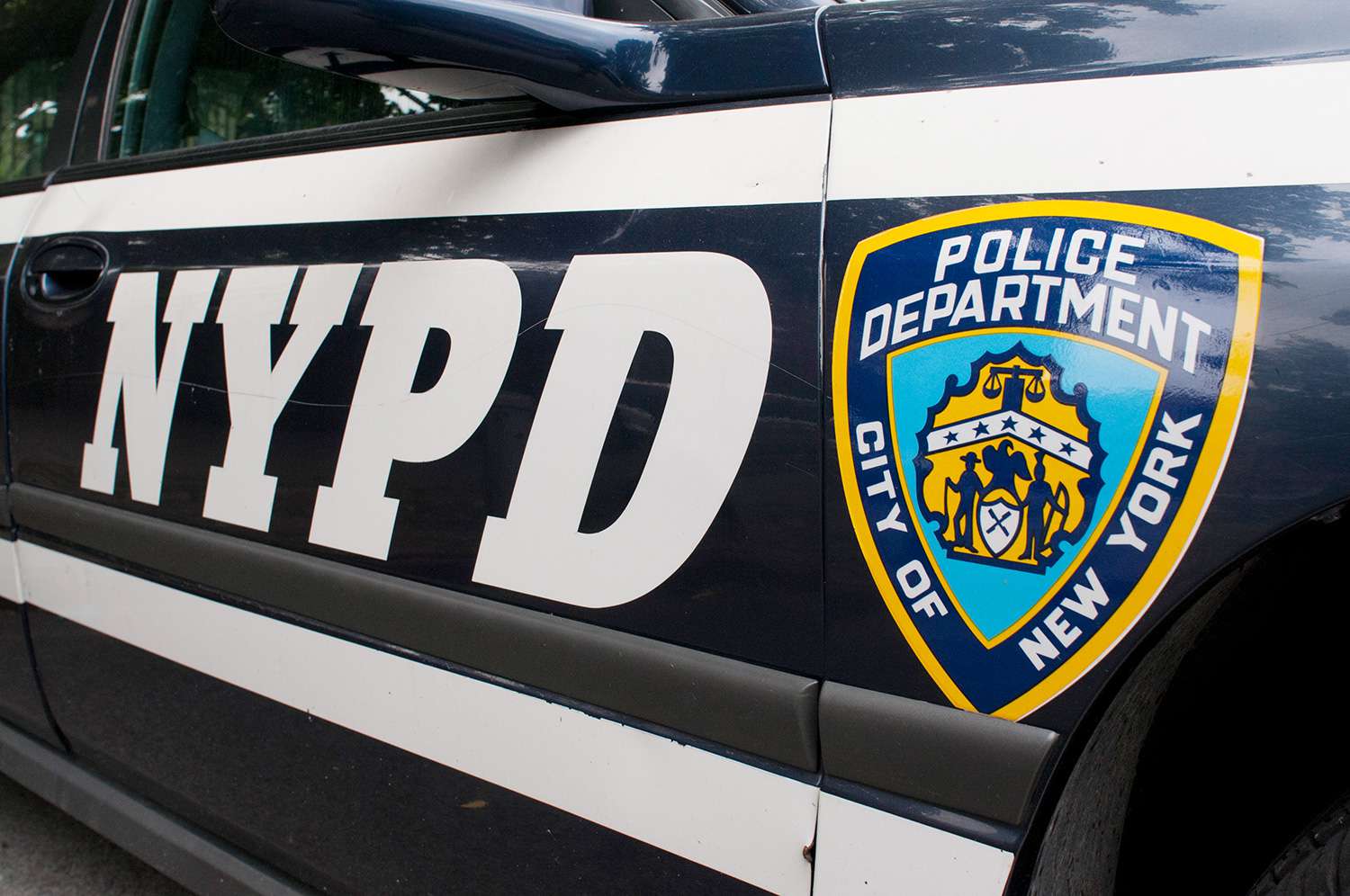New York City Will Now Send Mental Health Experts Instead of Cops to Certain 911 Calls


New York City is launching a new pilot program that will send mental health experts instead of police officers to respond to 911 calls that are mental health related and nonviolent.
Mayor Bill de Blasio announced on Monday the new program, which will dispatch Emergency Medical Services health professionals and mental health crisis workers to select 911 calls in two high-need communities which have not yet been named.
Currently, NYPD officers and FDNY EMTs respond to nearly all mental health 911 calls. The new program will launch in February 2021 with professionals who have been trained to de-escalate emergency situations such a suicide attempts, substance misuse and serious mental illness.
In situations where a weapon is involved or there is believed to be an imminent risk of harm, the mental health teams will be joined by NYPD officers.
“One in five New Yorkers struggle with a mental health condition. Now, more than ever, we must do everything we can to reach those people before crisis strikes,” the mayor said in a statement. “For the first time in our city’s history, health responders will be the default responders for a person in crisis, making sure those struggling with mental illness receive the help they need.”
For a decade, 911 mental health calls in New York City increased with every year until they finally fell by more than 8,000 in 2019 — a drop that came after a “concerted effort” to focus on the city’s response to mental health crises, the mayor's office said in a press release.
At least 16 people struggling with mental health issues have been fatally shot by NYPD officers in the last four-and-a-half years, Gothamist reported, citing the advocacy group Correct Crisis Intervention Today in New York City (CCIT-NYC).
The issue is also a national one that’s made headlines in recent months following several officer shootings in response to mental health calls; in March, Daniel Prude died of asphyxiation a week after police placed a so-called “spit-hood” over his head and held him to the ground in Rochester, New York. His brother had reportedly called 911 seeking help after Daniel left in an erratic mental state.
Then in September, a 13-year-old boy with autism was shot by police multiple times in Utah after his mother called 911 to report that he was unarmed, but experiencing a mental breakdown and needed to be hospitalized.
Though New York City Police Commissioner Dermot Shea called the new program a “long awaited improvement” in the city’s crisis response, it was not without criticism.
Patrick J. Lynch, president of the NYPD’s largest union, warned in a statement that the program could put the mental health teams at risk.
“[This plan] will undoubtedly put our already-overtaxed EMS colleagues in dangerous situations without police support,” the statement said. “We need a complete overhaul of the rest of our mental health care system, so that we can help people before they are in crisis, rather than just picking up the pieces afterward.”
Joseph L. Giacalone, a retired NYPD sergeant and current adjunct professor at John Jay College of Criminal Justice, told CNN he shared a similar concern.
“Those situations are the scariest to deal with in policing, as far as I’m concerned, because you never know what [they’re] going to do,” he said.
The New York City program is modeled on those that have been implemented in other cities, including CAHOOTS in Eugene, Oregon, which responded to approximately 24,000 calls last year. Of those, only 150 cases needed police backup.
Source: Read Full Article